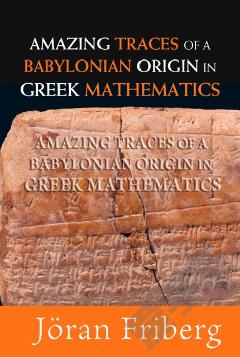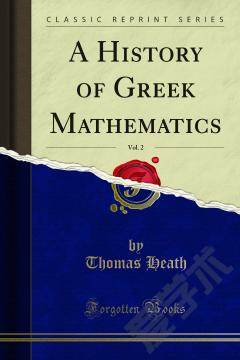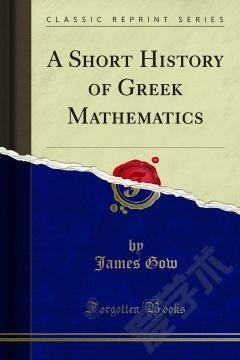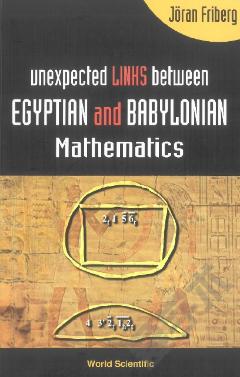Amazing Traces Of A Babylonian Origin In Greek Mathematics
A sequel to Unexpected Links Between Egyptian and Babylonian Mathematics (World Scientific, 2005), this book is based on the author's intensive and ground breaking studies of the long history of Mesopotamian mathematics, from the late 4th to the late 1st millennium BC. It is argued in the book that several of the most famous Greek mathematicians appear to have been familiar with various aspects of Babylonian “metric algebra,” a convenient name for an elaborate combination of geometry, metrology, and quadratic equations that is known from both Babylonian and pre-Babylonian mathematical clay tablets.The book's use of “metric algebra diagrams” in the Babylonian style, where the side lengths and areas of geometric figures are explicitly indicated, instead of wholly abstract “lettered diagrams” in the Greek style, is essential for an improved understanding of many interesting propositions and constructions in Greek mathematical works. The author's comparisons with Babylonian mathematics also lead to new answers to some important open questions in the history of Greek mathematics.
{{comment.content}}








 京公网安备 11010802027623号
京公网安备 11010802027623号